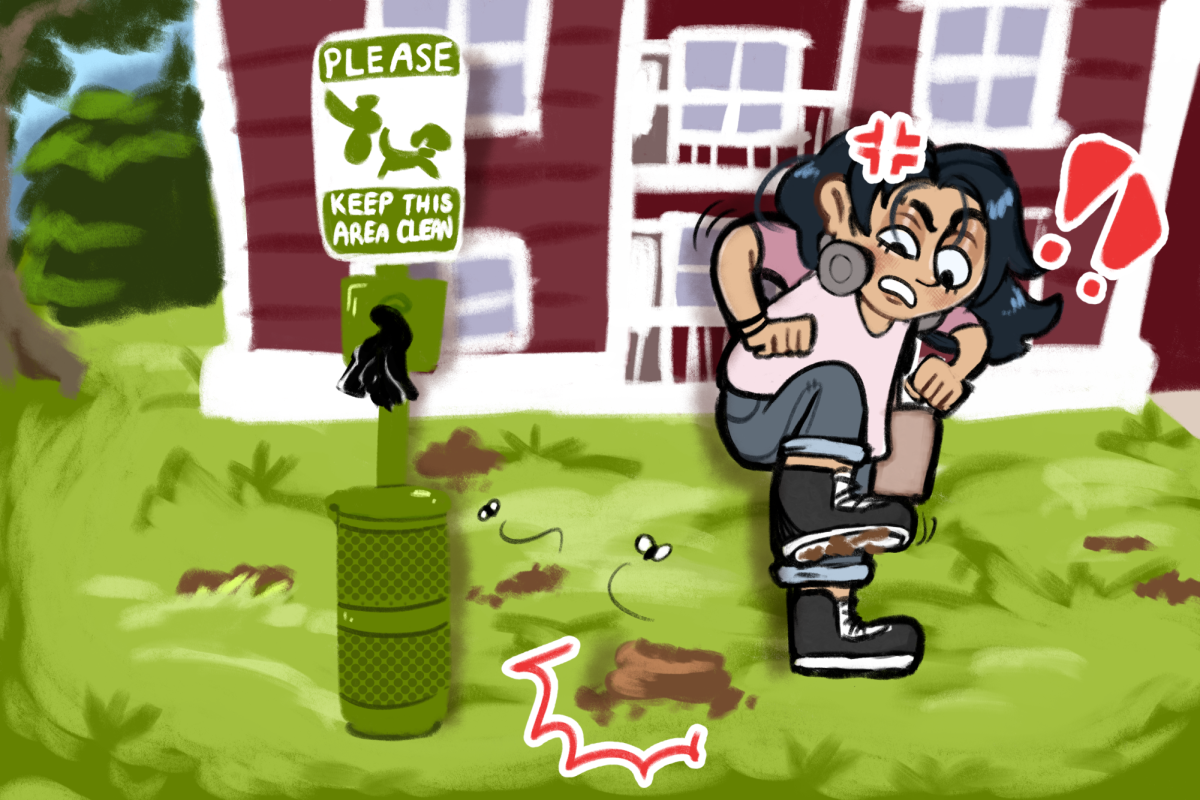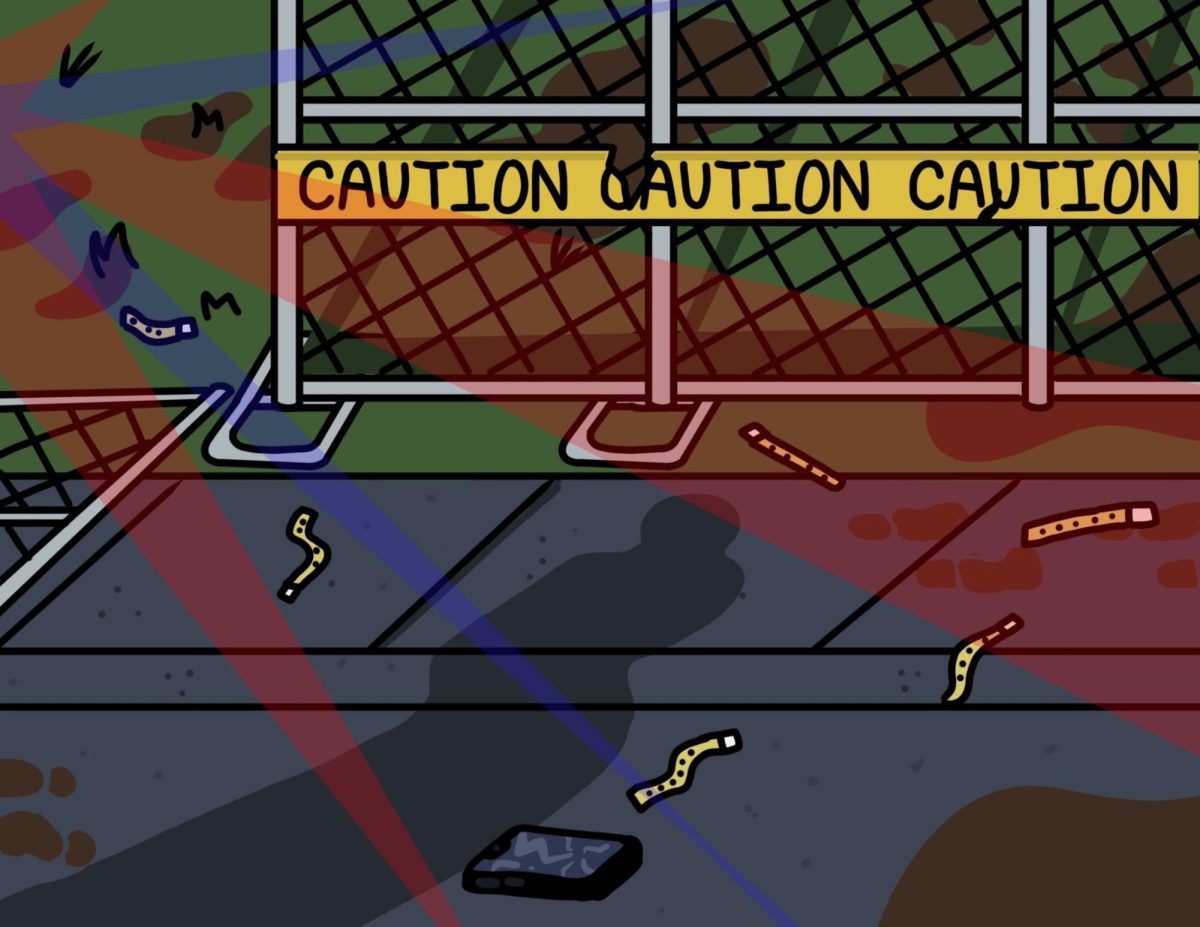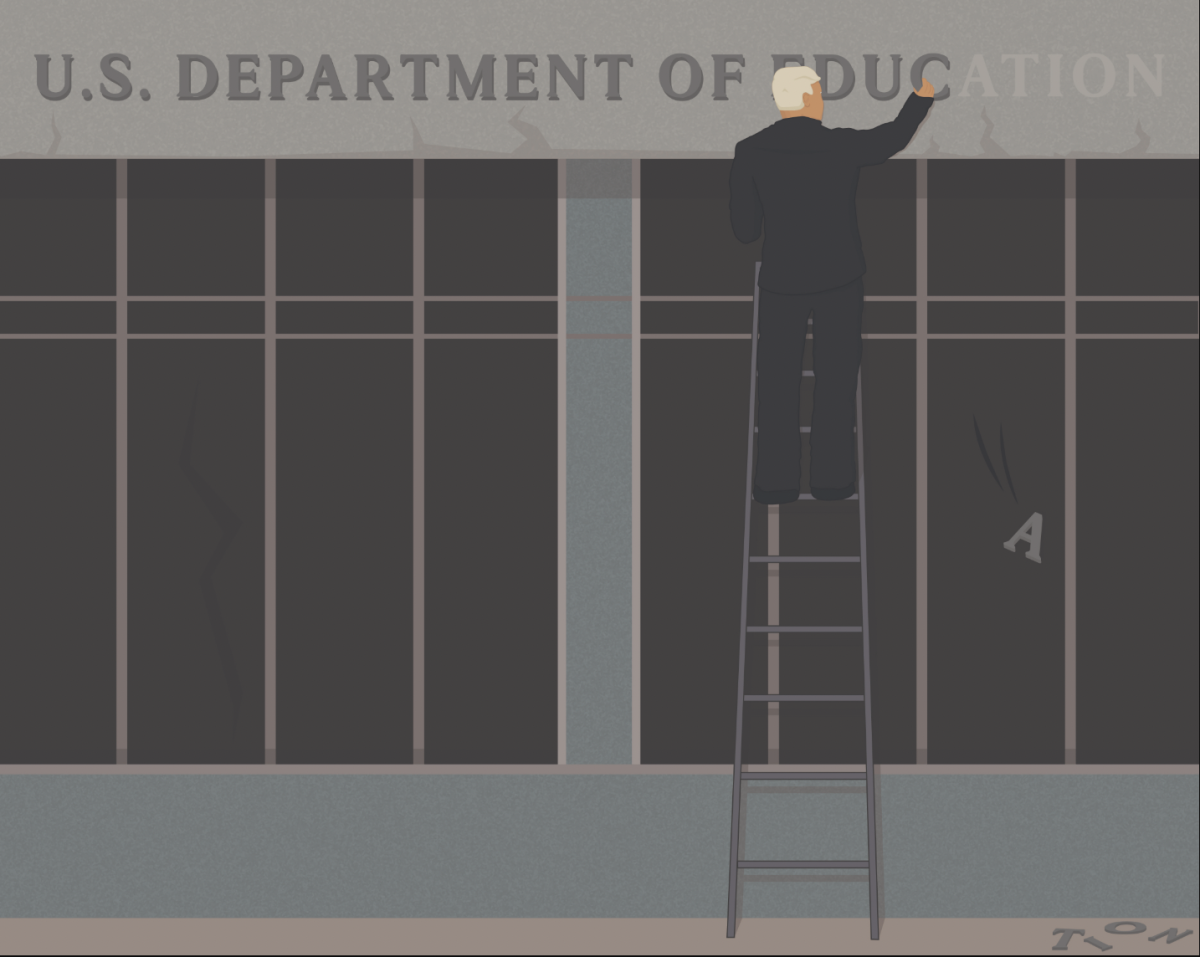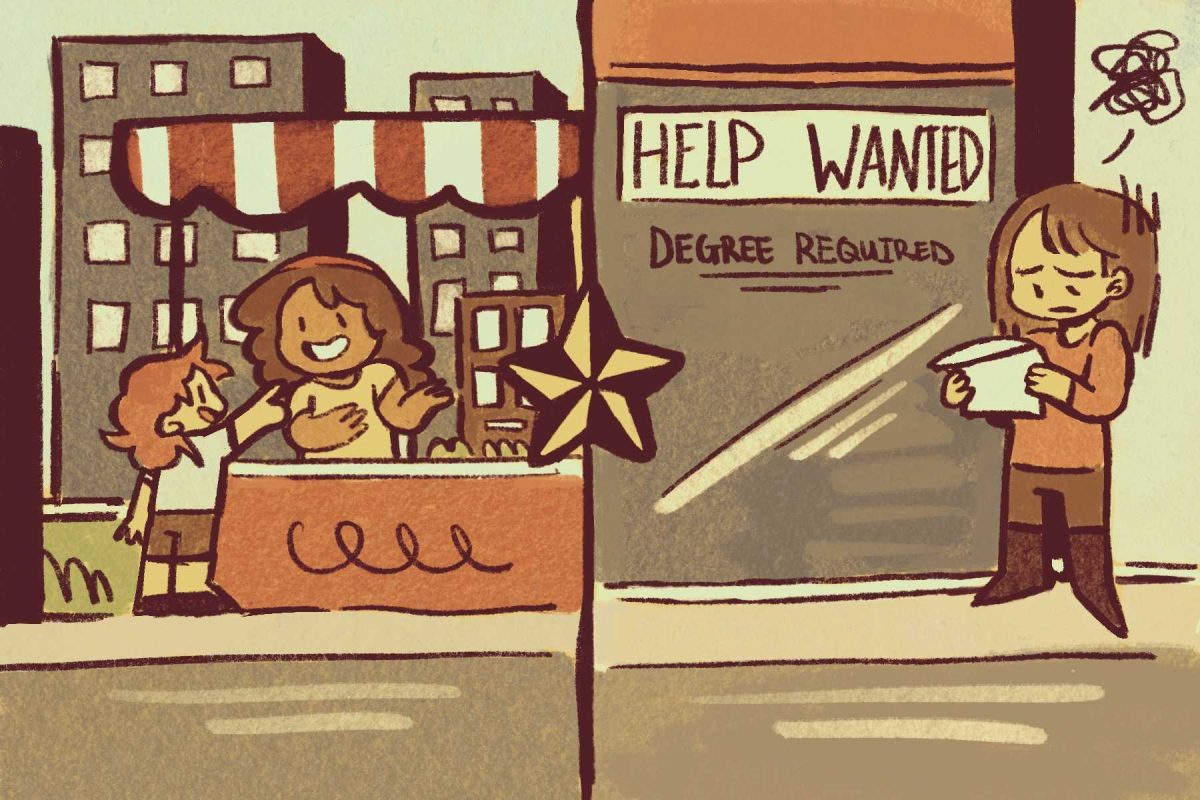Many observe the political turmoil of the last two years culminating in activist battles online and in the streets and immediately likened 2018 to the culturally tumultuous year of 1968. This judgment is thrown around on both ends of the political spectrum, feeding into feelings of helplessness and hysteria about the future of the world.
While 1968 was a year of riotous violence and bloodshed, 2018 is something else entirely.
It seems wars between nations play out in words and computer code now, even more than in bullets and bombs. According to the National Archives, the 19-year conflict in Vietnam resulted in more than 58,000 U.S. service member casualties, nearly 41,000 of whom were killed in action.
The Department of Veteran Affairs and the Department of Defense estimate 6,852 US service members have been killed in the ongoing 17-year global war on terror. This is not an official statistic and the conflict has not yet ceased. PBS Newshour does not further break down this number to show how many have been killed in action.
The war on terror is about as abstract as a conflict can get. The average American is unlikely to know the US military is currently stationed in Pakistan, Yemen, Uganda, Iraq and Syria. War is more of a vague concept than a reality for civilians in 2018.
While President Lyndon Johnson’s Great Society achievements have been overshadowed by his role in the Vietnam War, President Obama’s drone strikes, which killed 324 civilians according to the Council on Foreign Relations, are overlooked in favor of his healthcare and economic reforms. Protests against war today are few and short-lived, as no one seems to understand who we are fighting, why we are fighting, or where.
Activist battles in 1968 were for leftist causes of pacifism and equality, but the cultural activist causes of 2018 often seem to be more nationalist in intent. Even at Texas State, a banner directing students to a hate site was placed atop the library by white nationalist group Patriot Front.
The strides toward equity and accountability made in 1968 threaten to be reversed in 2018. The identity politics of 2018 appear to be reactionary to the feminist and anti-racist themes of 1968’s activism. This is seen especially in Europe, where politics is perhaps even more divisive than in the US.
The Internet has enabled this polarity. In 1968, one could avoid political and ideological discussions. In 2018 though, it is pervasive. While it may feel like the world could end at any moment, we are far from the imminent danger of the Cold War and multiple assassinations.
Fifty years ago, the news was limited. Three channels were televised along with radio and print sources. While radical newsletters and flyers did exist, disseminating information with a clear political bias had low, geographically limited circulation. Now, according to a Pew Research study, two-thirds of all Americans get their news at least partially from social media, which often lacks clear sources.
We should be thankful that 2018 is not 1968. The latter was a terrifying, bloody year. In the US, progressive leaders Martin Luther King Jr. and Robert Kennedy were assassinated, while around the world massacres were being committed or brewing.
Fifty years ago saw the beginning of the Troubles, which would see decades of bloodshed in Ireland. In Tlatelolco, Mexico, roughly 300 students were killed by their own government. The My Lai massacre was carried out by US Army soldiers, killing up to 500 civilians. Shootouts between the Black Panthers and police claimed many lives.
So far, 2018 has witnessed massacres generally limited to zones of conflict, like the chemical attacks inflicted on Syrian civilians by the Bashar al-Assad regime. The major exceptions, of course, are school shootings. There were four school shootings that left five dead in 1968; 2018 has had 10 intentional ones, leaving 32 dead. Our 24/7 newsfeeds make already terrible situations seem out of control and far worse than they are.
It can be frustrating to see that, as a society, we are currently fighting parallel issues, such as equal pay for equal work and an end to police brutality and profiling against minorities, even though the difference of fifty years does not bode all the right answers. It is important to look back on 1968 as being a year of great change for the better. The first Special Olympics were held in Chicago and the Civil Rights Act of 1968 was signed into law by President Johnson. These are both things that helped our society become just a bit fairer. The strides we make today will be just as impactful in 50 years’ time, as long as we stay on the right path.
Society as a whole has moved forward in many ways, having learned lessons from the past. However, we have moved backward in important ways. PolitiFact confirmed New York Times columnist Nicholas Kristof’s claim that more Americans have died as a direct result of gun violence since 1968 than in combat in every war since the American Revolution. If we fear we may be sent back to the climate of 1968, we must learn the lessons it stands to teach us about diplomacy and understanding.
– Toni Mac Crossan is a biology senior
Categories:
2018 is not 1968
May 31, 2018
Illustration by Makenna Timoteo
| Staff Illustrator
0
Donate to The University Star
Your donation will support the student journalists of Texas State University. Your contribution will allow us to purchase equipment and cover our annual website hosting costs.
More to Discover









